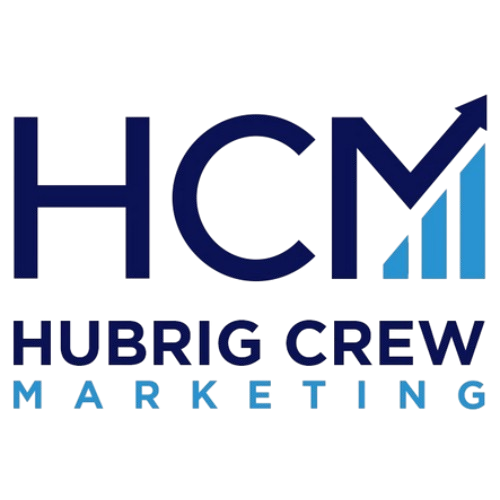The Importance of Digital Marketing
Did you know that over 7.7 billion people use the Internet daily? This staggering statistic highlights why digital marketing is indispensable for businesses today. As our world becomes increasingly digital, online visibility is no longer optional but essential for staying competitive.
Digital marketing offers businesses a unique opportunity to connect with potential customers where they spend most of their time—online. By leveraging strategies like SEO, social media, and email marketing, companies can enhance brand awareness and attract traffic more effectively than ever. “Digital marketing levels the playing field, allowing small and medium-sized businesses to compete with larger corporations,” says a marketing expert from WebFX.
Furthermore, advancements in technology have transformed consumer behavior. With instant access to information, consumers are more informed and demand transparency from brands. The influence of social media and the rise of e-commerce have reshaped how brands and consumers interact, emphasizing the need for a robust digital strategy.
In conclusion, digital marketing not only enhances visibility and competitiveness but also adapts to the evolving landscape of consumer expectations and technology.
Key Digital Marketing Services
In the realm of digital marketing, several services work in tandem to create a formidable online presence. Here’s an overview of the key components:
| Service | Description | Benefits |
|---|---|---|
| SEO (Search Engine Optimization) | Optimizes website for higher search engine rankings using strategies like keyword research and link building. | Increases organic traffic and enhances visibility. |
| Social Media Marketing | Engages audiences on platforms like Facebook and Instagram through shareable content and targeted ads. | Builds community and boosts brand awareness. |
| Email Marketing | Communicates directly with customers via newsletters and personalized offers. | Nurtures leads and maintains customer relationships effectively. |
| Content Marketing | Creates valuable content like blogs and videos to attract and engage audiences. | Drives traffic and establishes brand authority. |
The beauty of integrating these services lies in their synergy. For instance, SEO can boost the visibility of content marketing efforts, while social media can amplify email campaigns. Together, they form a cohesive strategy that enhances engagement and conversion rates. Additionally, leveraging PPC management can further enhance your digital marketing efforts by driving targeted traffic to your site.
Targeting Your Audience Effectively
In today’s digital landscape, audience targeting has become a cornerstone of successful marketing strategies. By leveraging precise targeting methods, businesses can reach the right audience with remarkable accuracy. A study found that targeted marketing can improve conversion rates by up to 200%, showcasing its potential impact.
Various methods are at your disposal, from demographic targeting, which zeroes in on specific age groups or income levels, to behavioral targeting that focuses on users’ online activities and purchase history. Imagine a high-end fitness club using demographic targeting to attract professionals aged 30-50, or an e-commerce site employing behavioral targeting to promote running shoes to fitness enthusiasts.
The benefits of such targeted marketing are significant. Focusing on the most promising prospects not only boosts ROI but also enhances budget efficiency. By concentrating resources on those most likely to convert, businesses can achieve higher engagement rates while reducing wasted ad spend. This approach ensures that marketing efforts are not only effective but also cost-efficient, paving the way for sustainable growth.
Measuring Success Through Analytics
In the realm of digital marketing, the power of analytics cannot be overstated. As the backbone of informed decision-making, analytics offer insights into consumer behavior and campaign performance. “Without data, you’re just another person with an opinion.” This adage underscores why analytics are crucial for measuring success in digital marketing.
To track and refine marketing strategies effectively, consider these essential tools:
- Google Analytics: Offers insights into website traffic and user behavior.
- SegmentStream: Provides automated reporting and privacy-compliant attribution.
- Supermetrics: Integrates multiple data sources for streamlined analysis.
- Whatagraph: Creates visualizations from various data sources for reporting.
- Funnel: Automates data reporting with extensive integrations.
Interpreting data from these tools allows businesses to enhance their campaigns. Metrics like sales revenue, customer retention, and conversion rates offer a roadmap for improvement. By focusing on these indicators, marketers can identify successful strategies and optimize their efforts. Ultimately, analytics pave the way for more effective digital marketing, driving brand growth and customer engagement.
Real-Time Engagement Opportunities
In today’s digital landscape, social media platforms play a pivotal role in real-time customer interaction. By offering immediate communication channels, brands can engage directly with their customers, enhancing satisfaction and building loyalty. In fact, 78% of consumers say they prefer to engage with brands that have an active presence on social media.
Engaging with customers directly through social media allows businesses to address queries and concerns promptly, creating a sense of community and connection. For instance, a brand responding swiftly to a customer query can transform a potential complaint into a positive experience, showcasing their commitment to customer care. Moreover, real-time engagement helps retain customers by demonstrating an understanding of their needs and preferences.
Furthermore, feedback collected through social media channels can significantly shape marketing strategies. Brands can gather insights into customer preferences and pain points, allowing them to tailor their offerings effectively. This direct feedback loop not only informs product development but also refines marketing tactics, ensuring strategies resonate with the target audience. Ultimately, leveraging real-time engagement on social media can transform customer interactions into valuable opportunities for growth.
Cost-Effectiveness of Digital Marketing
Digital marketing stands out as a cost-effective choice when compared to traditional advertising methods. While mediums like TV and radio ads offer extensive reach, they come with a hefty price tag. In contrast, digital platforms allow for more affordable and flexible advertising options, making it easier for businesses to engage with their target audiences.
| Advertising Method | Cost | Reach |
|---|---|---|
| TV Ads | High | Broad |
| Print Ads | Medium | Targeted |
| Digital Ads | Low | Highly Targeted |
Statistics reveal the impressive ROI of digital marketing. For instance, every dollar spent on email marketing yields a return of $42, while Google Ads can double the investment. Content marketing, costing 62% less than traditional methods, generates three times as many leads.
Real-world examples demonstrate how businesses achieve success on a budget. The Dollar Shave Club used a $4,500 budget to create a viral sensation, while Airbnb leveraged content creation to drive platform traffic. These campaigns highlight the potential of creativity and strategic planning in maximizing digital marketing benefits without a substantial financial burden.
Frequently Asked Questions
What are common misconceptions about digital marketing?
A prevalent misconception is that digital marketing is only about social media. In reality, it encompasses a broad range of strategies including SEO, content marketing, and email marketing, each playing a crucial role in a comprehensive digital strategy.
How effective is digital marketing compared to traditional methods?
Digital marketing often proves more cost-effective. According to statistics, email marketing can yield a 4,200% return on investment, while content marketing costs 62% less than traditional advertising, generating three times as many leads.
What services do digital marketing agencies offer?
Digital marketing services vary but typically include SEO, social media management, email campaigns, content creation, and pay-per-click advertising. These services are designed to enhance online visibility and drive engagement.
Can small businesses benefit from digital marketing?
Absolutely. Small businesses can execute successful campaigns on a budget, as demonstrated by brands like Dollar Shave Club and Airbnb, which used innovative digital strategies to gain market traction.
Transforming Your Business Strategy
In today’s digital age, the impact of digital marketing on businesses cannot be overstated. With tools like SEO, social media, and content marketing, companies can achieve remarkable growth and establish a strong online presence. Digital marketing not only enhances visibility but also drives engagement, offering a higher return on investment compared to traditional methods.
It’s time for businesses to embrace this transformation. By adopting digital marketing strategies, companies can tap into a world of opportunities, reaching their target audiences with precision and efficiency. As highlighted in successful campaigns by brands like Dollar Shave Club and Airbnb, even with modest budgets, digital marketing can lead to outstanding results.
Looking ahead, the future of digital marketing is promising. Trends such as personalized content, AI-driven analytics, and immersive experiences will continue to evolve, offering businesses new ways to connect with consumers. Now is the perfect moment to integrate digital marketing into your strategy. Take the leap and transform your business to stay ahead in this competitive landscape.



